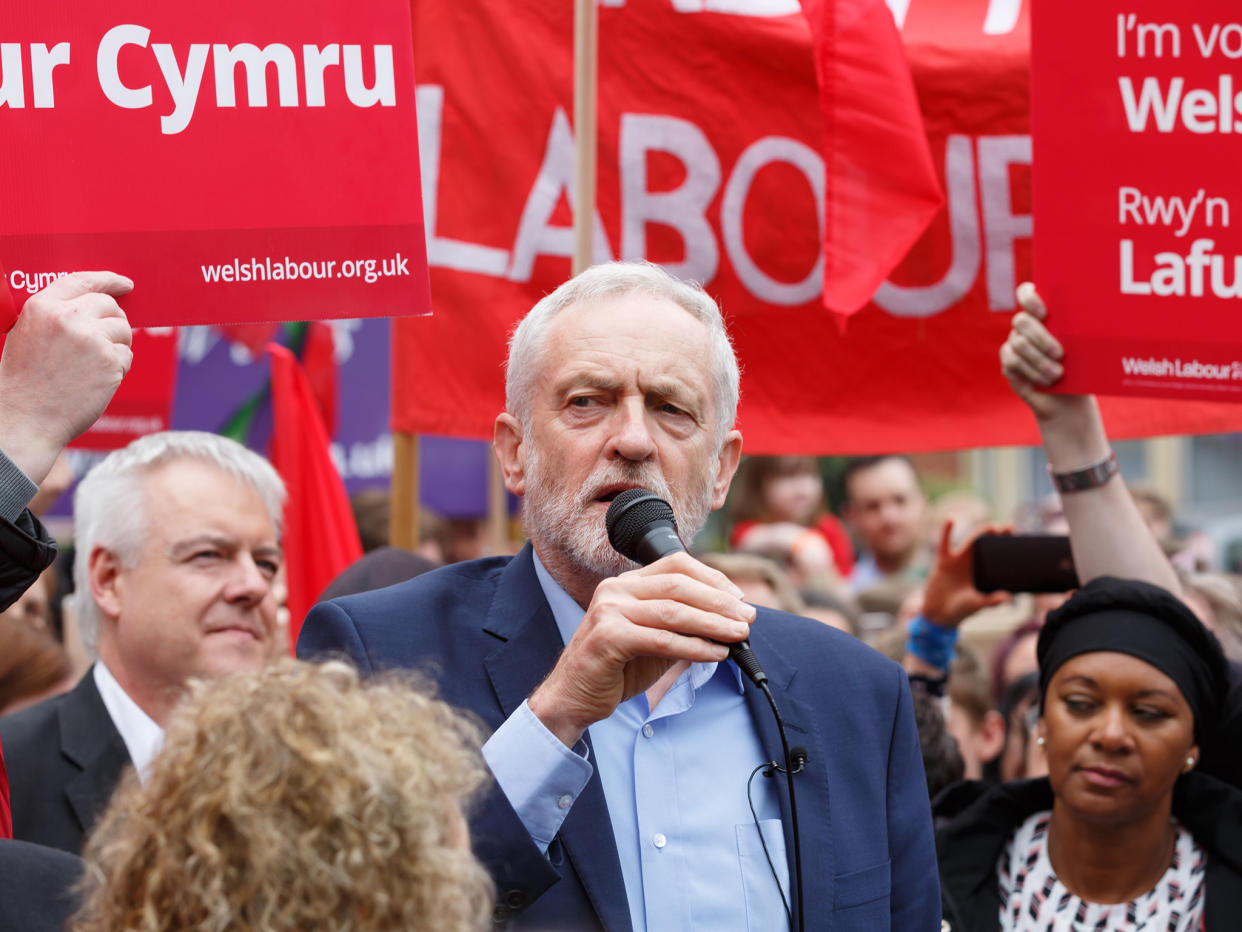Don’t be surprised by the Tory resurgence in Wales, Labour has been in decline for decades

Along with Daffodils and rugby, supporting the Labour Party has often been a stereotype attributed to Wales, particularly along its southern M4 corridor. A recent general election poll giving the Tories a 10 point lead over Labour in Wales came as somewhat of a surprise to many.
Ever since their rise as a political force in the early 20th century, Labour have had the lion’s share of seats, causing electoral earthquakes first in 1922 by winning a majority at the cost of the Liberals, and again in 1997 where they took 34 out of 40 seats whilst the Conservatives took none. Despite this, the predicted 2017 Welsh Tory win may not be a complete shock to many long-term spectators of the nation’s politics.
The decline of Labour’s support in Wales follows a similar pattern to that of many other struggling European social democratic parties in the post-industrial era. There was once a sturdy conveyer belt that saw the likes of NHS founder Nye Bevan enter politics through the union structure, where a political education would invariably lead to support for the Labour Party. However, as institutions like working men’s clubs and trade unions continue to decline, so do the once strong ties with the labour movement.
Class-based support for the Labour party has weakened across the UK and the British Attitudes Survey has found that voters’ identification with parties has fallen over recent decades. This is more pronounced amongst younger voters, which in Wales means that Labour votes once almost guaranteed by industrial workers are much harder to win from their children who work in offices and the service sector.
The real elephant in the room for Welsh Labour was the country’s surprise vote for Brexit, which largely derived from the party’s southern heartlands. Brexit and the prospect of a Tory win can be understood in part by the poverty that afflicts nearly a quarter of the Welsh population. Brexit in Wales signalled a clear resentment to elements of globalisation, such as deindustrialisation and immigration, where the EU was made a bogeyman and Brexit was perceived as a chance to improve the nation’s fortunes.
A month before the EU referendum, Ukip’s surge in the Welsh Assembly was an ominous sign. However, with their collapse both in the Senedd and the national polls, the Tories showing of 40 per cent in Welsh opinion polls of voting intention could be due to a perception that they are now the party of Brexit voters.
On one hand, it seems contradictory for Wales to vote for a Conservative party who have played a monumental role in killing jobs in industries such as coal and that continues to slash public services. However, just as the battle lines of Scottish politics went from being between left and right to nationalist and unionist, could the dividing line in Wales be switching to a battle between remainers and leavers, or even those favouring globalisation and those favouring British sovereignty?
It may not be doom and gloom for Welsh Labour just yet though. A year ago the polls predicted defeat in the Assembly elections, but they managed to maintain enough seats to stay in government for a fifth consecutive term. They also have a strong local party machinery which likely doesn’t exist for the Tories.
Losing Wales would be symbolic of a wider demise in Labour’s fortunes and it will need to find a new way to reinvigorate support at its grassroots and create a new class politics rather than relying on the old one for votes. It must resonate with the call centre workers of Swansea, just like it once did with the coal miners of Tredegar. To revive its fortunes, Welsh Labour cannot give into reactionary politics causing its current problems, but rather it needs to take them head-on with a better politics that ends poverty in the nation.

 Yahoo News
Yahoo News 
